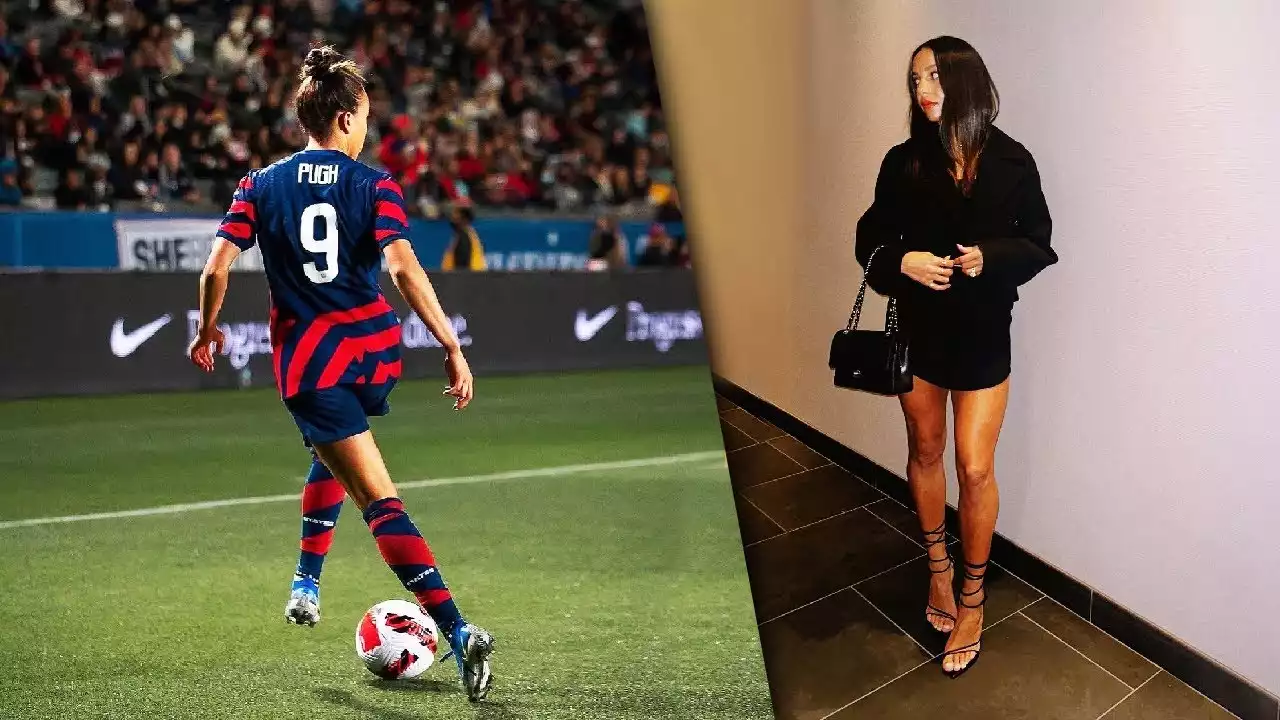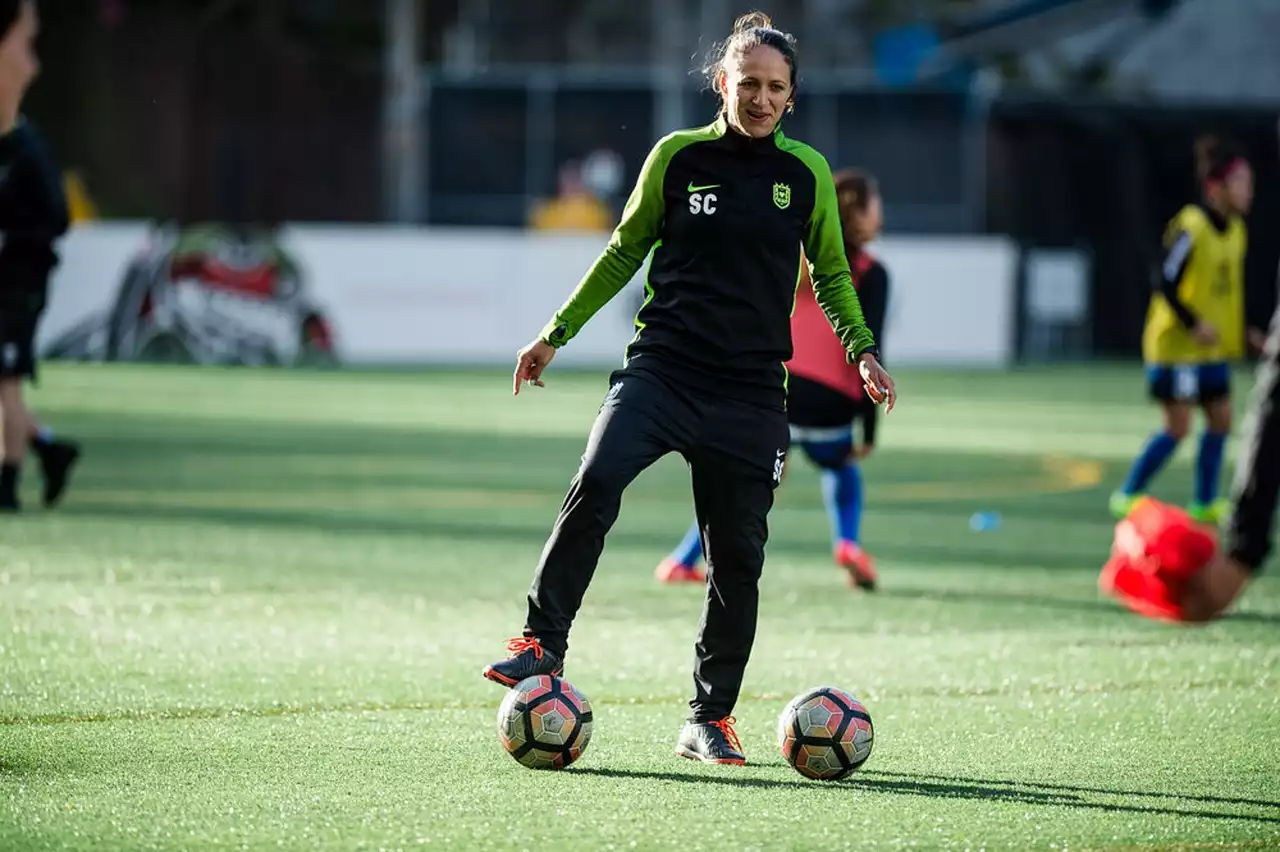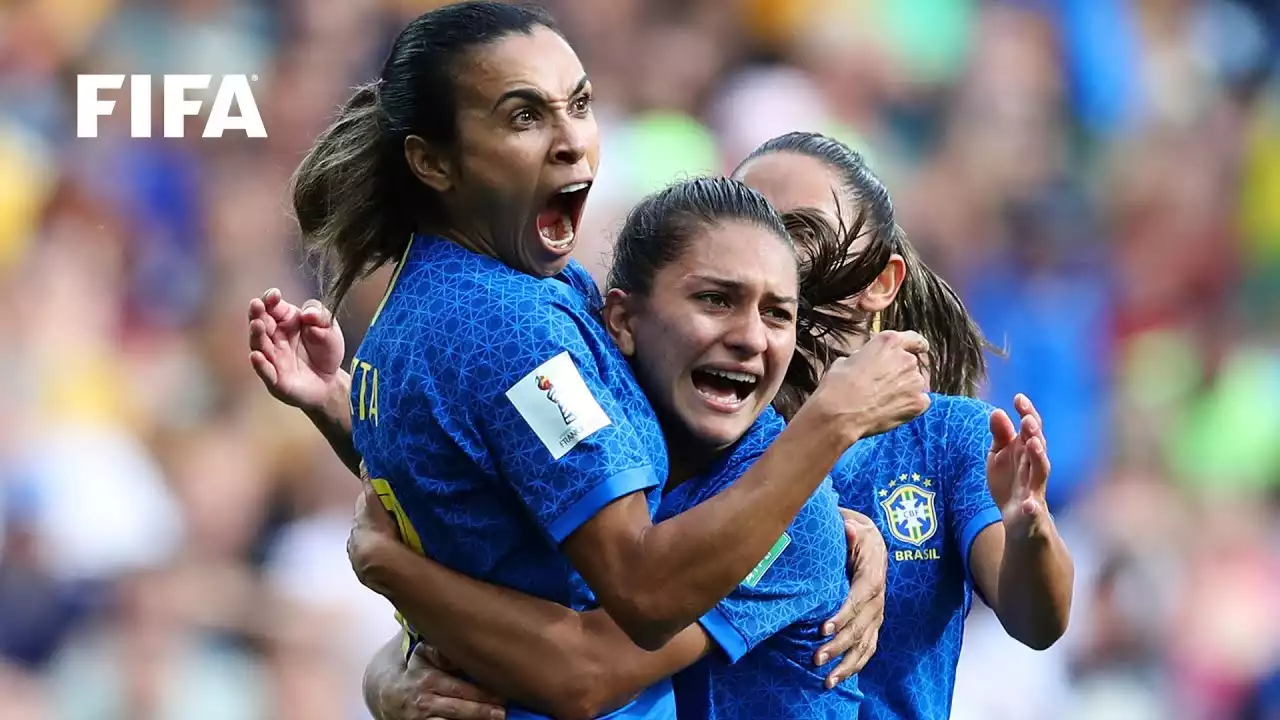The importance of age and experience in soccer
Age and experience have always been hot topics in the world of soccer. While some argue that younger players bring a fresh energy and enthusiasm to the game, others believe that experience is key in high-pressure tournaments. The Women's World Cup is no exception to this debate. As teams strive for success, it becomes crucial to determine the optimal balance between youth and experience. By analyzing the age distribution and experience levels of players in past tournaments, we aim to shed light on which strategy yields better results.
Age and experience trends in Women's World Cup squads
To understand the impact of age and experience on team performance, it is important to examine the trends that have emerged in Women's World Cup squads over the years. Looking back at previous tournaments, we can observe interesting patterns in terms of age distribution and experience levels. By studying these trends, we can gain insights into the strategies employed by winning teams and discover statistics that may surprise us.
One trend that stands out is the increasing average age of players in Women's World Cup squads. As the level of competition rises, teams have come to value the experience and maturity that older players bring to the game. However, it is also important to note that teams with a mix of both young and experienced players have achieved great success in recent years. This suggests that a well-balanced squad, combining the energy of youth with the wisdom of experience, may be the key to victory.
Impact of age and experience on team performance
The impact of age and experience on team performance is a complex and nuanced subject. While some argue that younger players possess the physical attributes and enthusiasm necessary to excel in high-pressure situations, others believe that experience provides a crucial edge in terms of decision-making and composure. By analyzing the performance of teams with varying age and experience profiles, we can gain a better understanding of the relationship between these factors and success in the Women's World Cup.
Studies have shown that teams with a higher number of seasoned players tend to perform better in terms of overall results. The experience gained from playing in multiple tournaments and facing different opponents can provide valuable insights and strategies. However, this does not diminish the impact of younger players. Teams that have successfully integrated talented young players into their squads have often found them to be game-changers, bringing a fresh perspective and injecting new energy into the team dynamics.
Case studies of successful teams with a mix of age and experience
To further explore the impact of age and experience on team performance, let's examine some case studies of successful teams that have found the right balance between youth and experience. One such example is the United States Women's National Team (USWNT), which has consistently been a force to be reckoned with in the Women's World Cup.
The USWNT has managed to maintain a mix of both seasoned veterans and young talents in their squads. Players like Carli Lloyd and Megan Rapinoe bring years of experience, leadership, and a winning mentality to the team. At the same time, younger players like Mallory Pugh and Rose Lavelle have proven themselves to be game-changers with their speed, skill, and fearlessness. The combination of experience and youth has helped the USWNT achieve remarkable success in recent years, with multiple Women's World Cup victories to their name.
The role of younger players in Women's World Cup squads
While experience is undoubtedly valuable, the role of younger players in Women's World Cup squads should not be underestimated. Young talents bring a fresh perspective, raw talent, and a hunger to prove themselves on the world stage. Many of these players have grown up with the game and have been honing their skills from a young age. Their technical abilities, agility, and uninhibited approach to the game can often catch opponents off guard.
In recent years, we have witnessed several young players making a significant impact in the Women's World Cup. Players like Ada Hegerberg, Dzsenifer Marozsán, and Sam Kerr have dazzled audiences with their skill, speed, and goal-scoring abilities. These young stars have shown that age is just a number when it comes to making a difference on the field.
Challenges faced by older players in Women's World Cup squads
While experience brings its advantages, older players in Women's World Cup squads also face unique challenges. As the game becomes faster and more physically demanding, maintaining peak performance can be a daunting task for players in their thirties and beyond. The risk of injuries and the need for longer recovery periods become more prevalent.
However, the challenges faced by older players can also be seen as an opportunity for growth and adaptation. Players who have been through multiple tournaments and faced different opponents have developed a wealth of knowledge and experience that can be passed down to younger teammates. With careful management and a focus on maintaining fitness and agility, older players can continue to make valuable contributions to the team.
Strategies for balancing age and experience in team selection
Selecting the right mix of age and experience in a Women's World Cup squad is a delicate balancing act. Coaches and team managers must consider various factors, such as the physical demands of the tournament, the playing style of the team, and the dynamics within the squad. Striking the right balance requires a deep understanding of each player's strengths, weaknesses, and potential contributions.
One strategy that has proven successful is creating a mentorship system within the team. Pairing younger players with experienced veterans allows for knowledge transfer and fosters a sense of camaraderie and mutual support. This not only helps younger players develop and grow but also ensures a smooth transition as the older players eventually retire.
The future of age and experience in Women's World Cup squads
As the Women's World Cup continues to evolve, the role of age and experience in squads is likely to change as well. With advancements in sports science and training techniques, players are now able to maintain their physical peak for longer periods. This could lead to an increase in the number of older players making an impact on the field.
Additionally, the growing popularity of women's soccer means that younger players are entering the game at a higher level of skill and experience than ever before. This raises the bar for all players, regardless of age.
The significance of age and experience in women's soccer
By analyzing the age and experience trends in Women's World Cup squads, we can gain insights into the strategies employed by winning teams. Case studies of successful teams with a mix of age and experience showcase the benefits of finding the right balance. Ultimately, the future of age and experience in Women's World Cup squads is likely to be influenced by advancements in sports science and the ever-increasing skill level of younger players.
As the Women's World Cup continues to captivate audiences around the globe, the debate around age and experience will remain a topic of interest. Whether it's the audacity of youth or the wisdom of experience, both have their place in shaping the future of women's soccer.










